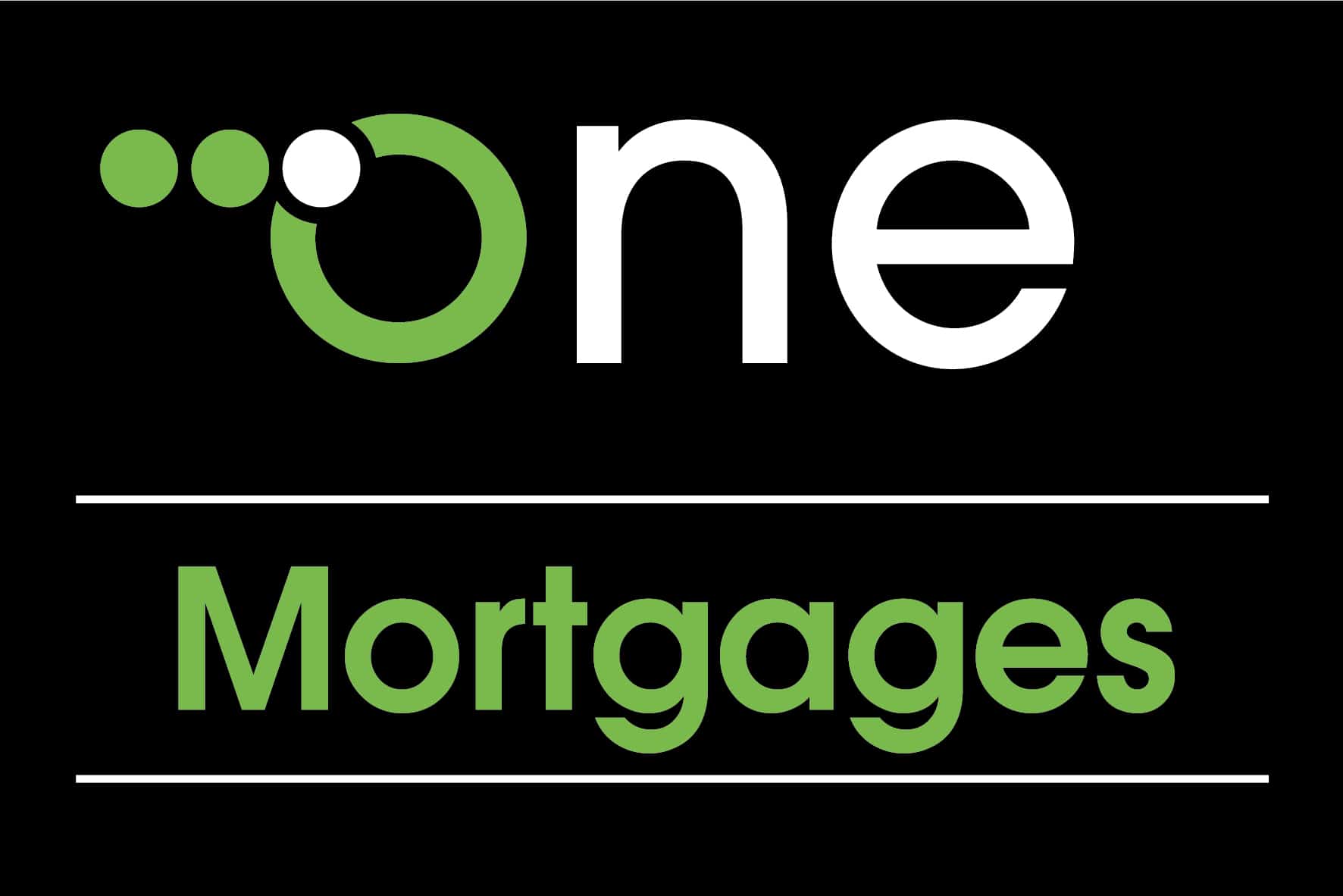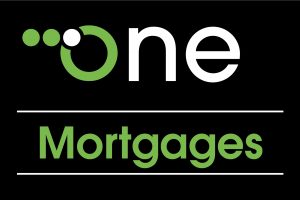First Time Buyers
- Get in touch for a free, initial consultation
- Speak to a specialist 5* rated adviser
- See if we can find you the right solution
Get in touch for a free, no-obligation chat about how we might be able to help you.
Home » First Time Buyers

First Time Buyer
Our MD Daniel Condren talks about First Time Buyers. Listen below
First Time Buyer Mortgage
Daniel Condren explains the mortgage process and what to expect if you are a First Time Buyers.
How is the mortgage process different for First Time Buyers?
It’s essentially the same, but the challenge when you’re a First Time Buyer is the unknown – you don’t know the details. You don’t know what information you need and the mortgage market is so vast and varied. How do you know whether you’re getting the right advice?
This is a big deal for any First Time Buyer, so the person you choose to go through that process with is really important. Make sure that you’ve done a little bit of research into your broker or get a referral from a friend or family who had a good experience. Meet two or three advisers and go with the person that makes you feel the most confident and comfortable.
Trust is everything – not just for First Time Buyers, but anyone investing in property or moving home. It’s a stressful process and there are thousands of pounds at stake. This is a big decision, so First Time Buyers will really benefit from having a trusted adviser in their corner.
What should a First Time Buyer expect from an adviser?
Your adviser will act on your behalf to give you advice and point you in the right direction. We’re here to get you the most suitable deal for your circumstances. So a good adviser will ask a lot of questions about you and your situation.
We are also here to walk you through everything. There’s so much jargon and technical terms – you might not know what they mean. You might wonder how the deposit works, what a survey is on the property or what conveyancing is all about – it’s like a different language.
A good adviser will explain the whole process, what you need and why you need it. An example is the deposit. If you’re buying a property, the bigger the deposit that you put down, the better the interest rate you will get. Your interest rate determines how much you pay back on top of the amount you’re borrowing.
The interest rates decrease for every 5% deposit you have. The minimum deposit you can typically have right now is a 5% deposit. But if you can save up 10%, you’ll get a better deal, and again if you reach 15% deposit, interest rates fall again.
Most First Time Buyers don’t have unlimited savings but there are other ways that you may be able to buy, even without a deposit.
What is an Agreement in Principle?
An Agreement in Principle, an AIP, DIP or Decision in Principle are all the same thing. It’s where an adviser has assessed your needs and you apply to the lender for a decision. The lender will look at your credit rating, affordability and circumstances to give you a quick yes or no.
This is a really important step that gives you credibility as a buyer. The estate agent will want to see your certificate, as it proves you’ve spoken to a bank or a broker to check your eligibility. It means you can borrow the money you need to buy the property.
Once your offer is accepted on a property you go forward to a full application. The Agreement in Principle is the easy, fast bit. But if the broker’s done their job correctly, the application shouldn’t be a hassle.
Unfortunately some customers might be declined on application – usually because they haven’t provided the right information. So brokers usually get all the details upfront, including payslips and bank statements, to make sure there are no problems
How much can a First Time Buyer borrow?
The borrowing amount depends on income, just as with any mortgage. We will explore your income, your outgoings, your affordability and whether you’re employed or self-employed.
Making sure that your income and how much you can borrow is calculated correctly is very important. If you’re a couple and you’re buying together for the first time, that will help as it doubles your income.
The first thing to do as a First Time Buyer is understand how much your property budget will be. What’s interesting is that every lender is very different. Some lenders will give you one estimate, but another may be much more generous in how much they will lend to you. This is a big thing, especially for a First Time Buyer because it will dictate what properties you’re going to go for – the difference between a £200,000 and a £250,000 property can really matter.
Lots of things can affect your affordability – your outgoing such as car loans etc, and also if your income is variable. If you receive bonuses or commission it’s very important to see a broker – we can find the most appropriate lenders who will take that into account.
Should I talk to a broker before I view a house?
Our advice is always to speak to a broker before seeing an estate agent or viewing property. It’s awful to get your heart set on a home only to find that you can’t borrow enough to buy it.
We will always think outside the box to help people in this situation, perhaps to see if you could use some income from family members. But it is good to avoid being in a position where you’ve put an offer in, it’s been accepted and you can’t get the mortgage. It means the estate agent’s going to be upset and so is the vendor selling the property. Talking to a broker first will avoid that completely.
Speak To an Expert
- Free initial consultation
- Specialist Mortgage Advisers
- See if we can help you find the right deal
How do I know what my credit score is and how do I improve it?
There are a number of credit reference agencies in the UK, such as Experian and Equifax, which assess your credit score. It is very important to check that and see where you stand.
First Time Buyers sometimes get caught by this, thinking they won’t have a credit score at all – but if you’ve got a bank account, you’ve normally got a credit record. It might be low, but that’s not the worst thing in the world. Some lenders are fine with you not having much credit history, as long as you have a good deposit.
There’s a common myth that you need a credit card to improve your rating, and many clients rush out to get one just before doing their mortgage application. This is not worth doing – it won’t happen straight away. Your score has to improve over time.
In fact, taking out a credit card can sometimes have an adverse effect – applying for new loans and credit as well as a mortgage can actually lower your score as it looks like you’re desperate for money. If you’re thinking of buying a new car or taking new credit, speak to your broker first and see if it will impact your ability to get a mortgage. Typically, it shouldn’t if you’ve got the affordability, but it’s important to check.
What is the First Time Buyer ISA and do these still exist?
These are now called Lifetime ISAs. First Time Buyers did have access to a Help to Buy ISA but these closed to new customers in 2019. The Lifetime ISA is still available and is there to help First Time Buyers save money, where the government adds to your savings and it’s tax-free. It’s definitely worth looking into that.
What other schemes are there for First Time Buyers?
There are various options to help you if you have a 5% deposit, such as The Mortgage Guarantee Scheme. There are also shared ownership options and what we call a Joint Borrower Sole Proprietor mortgage, where your parents or somebody in your family support you to purchase a house by adding their income to your affordability. There’s only one owner, so you also save on stamp duty – which is a big consideration for First Time Buyers.
What other costs are involved when buying your first home?
Looking at all the fees and costs is part of our job as a broker. We will transparently show you all the fees associated with the mortgage. That may include lender fees – although some deals come with very low fees or zero fees.
Other fees include solicitors – you’ve got to check their cost is competitive. Also be clear on if your broker will charge you a fee. When you pay a fee you’re paying for a level of service – the feedback we receive is that our fees are justified because we give you all the information you need.
You will also need a survey on the property you’re buying, to check its condition. Most lenders do a basic valuation for mortgage purposes. But if I were buying a property I would want to check that the electrics and gas are fine, that there’s no movement or subsidence or problems in the past. That will reassure you, and potentially give you a point of negotiation on the sale price.
First Time Buyers need to understand that there may be a down valuation – this is good for the buyer because if the property is not actually worth what you’ve offered, you have to renegotiate the price. If you’re putting in a small deposit, you want to make sure that the house is worth what you’re buying it for.
In terms of other costs, insurance is important: buildings cover and contents insurance for your belongings and the building itself. You will also want insurance so that you can keep up your monthly mortgage payments should you have an illness or you pass away. I would always recommend that you look at Life Insurance, Critical Illness Cover and Income Protection. Again a good broker will explain all the options.
What other advice do you have for First Time Buyers?
As a First Time Buyer, there’s a lot to learn. If in doubt, ask the question and if you can’t get a helpful answer, then you may not have the right broker on your side. It’s important to find a good broker – check reviews, seek recommendations and do a little research into the broker’s experience and how much they deal with First Time Buyers.
There are so many mortgage products out there. It’s good to understand that you’re looking for the best one for you – which might be the cheapest, but it might be one that suits your circumstances the best.
Your broker should take time to understand you, your circumstances and how you’re feeling as a First Time Buyer. If your broker doesn’t do that, in my opinion, they don’t deserve your business.
YOUR HOME MAY BE REPOSSESSED IF YOU DO NOT KEEP UP REPAYMENTS ON YOUR MORTGAGE
Why One Mortgages, Protection and Estates?
- Simple Process
- Tailored & Honest Advice
- Great Service
- Whole of Market Access
- Out of Hours Appointments & Home Visits

Call us now on 0113 208 3308
to find out more or arrange a consultation.
Based in Leeds, One Mortgages & Protection Limited offers impartial and unbiased advice to customers UK wide, no customer is too far away to help.

